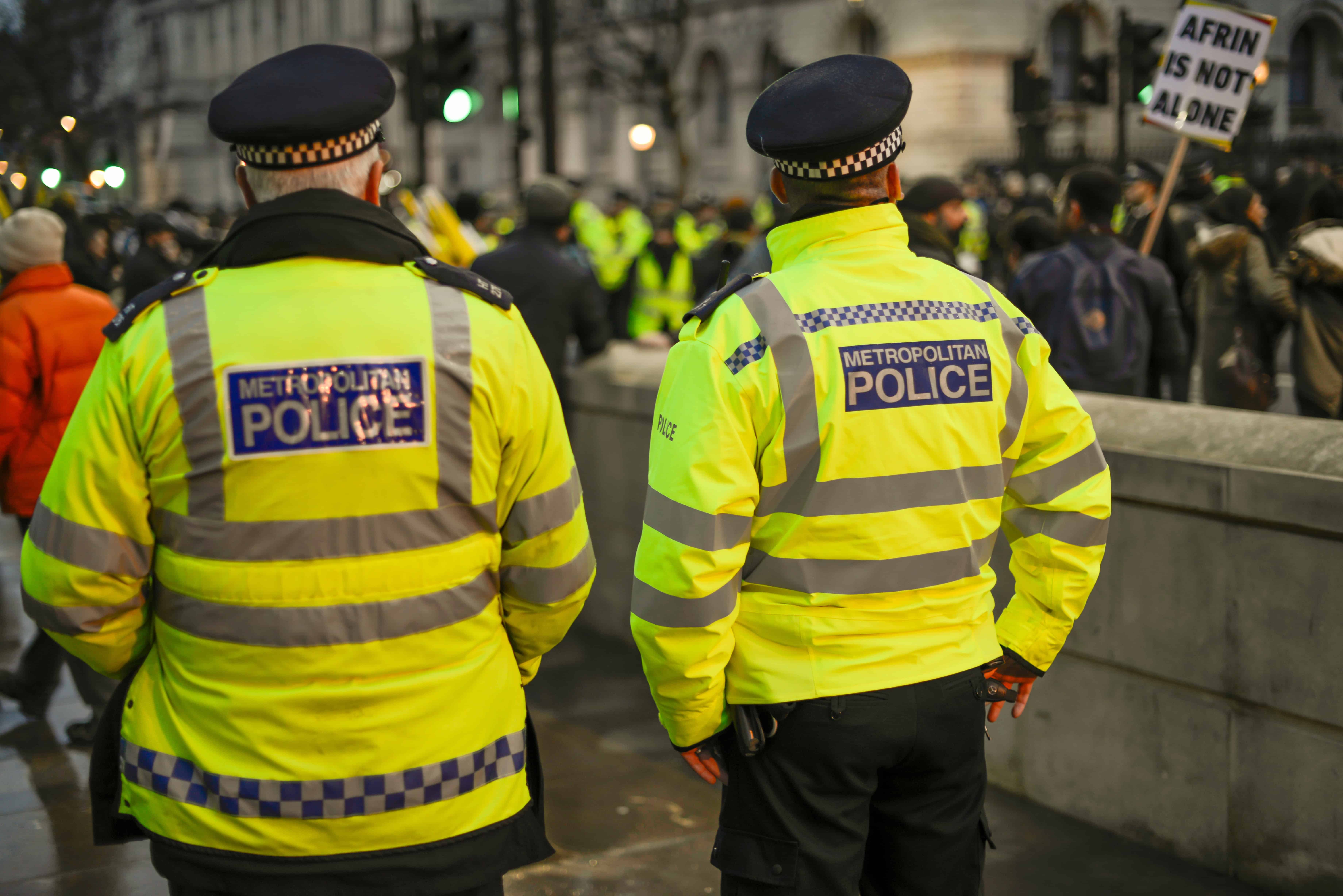
Bullying in the Metropolitan Police contributed to officer’s death
The inadequate support provided to a Metropolitan Police Sergeant in the period leading up to her death raises serious concerns about the workplace culture and psychological safety of individuals working within the police force.
On 28 September 2022, Sgt Nicola Forster, who worked as a Safety Training Officer at Hendon Police College in north west London was found dead in her residence after taking her own life.
Sadly, it has come to light Ms Forster developed post-traumatic stress disorder following her professional involvement in the handling of the Grenfell Tower fire in 2017, during which she was responsible for obtaining statements from victims in hospital.
Since the distressing event, Ms Forster suffered from symptoms of debilitating anxiety and depression, for which she attended counselling.
Unfortunately, Ms Forster lost access to counselling services in Autumn 2021, leading to heightened pressure at work. It is reported Ms Forster discussed an occupational health referral with Police Inspector Hayley Webb in November 2021, but her request was not acted upon until six months later, in May 2022.
Concurrently, Ms Forster was facing scrutiny regarding her performance at work, which she later disclosed to a welfare officer had “tipped her over the edge”. In the three months before her death, Ms Forster was signed off as unfit to work due to her PTSD symptoms.
An inquest into Ms Forster’s death was opened where, in May 2024, Coroner Emma Whitting told Central Bedfordshire Coroner’s Court the lack of support from the Metropolitan Police had exacerbated the deterioration of Ms Forster’s mental health and contributed to her death. Whitting emphasised it was “clear to the court that the Metropolitan Police Service were aware of Nikki’s mental health history and vulnerabilities” yet neglected to refer her to support or counselling services in a timely manner.
Several of Ms Forster’s former colleagues stepped forward to provide evidence for the inquest. Retired Sergeant Tara Richards shared harrowing messages she received from Ms Forster prior to her death.
According to Ms Richards, Ms Forster had reached out on numerous occasions to express concerns about the lack of support she was receiving from Ms Webb. In one message, Ms Forster explicitly stated that Ms Webb was acting a bully who was “gunning for her”.
Ms Richards poignantly stated it is her belief that “it was Webb who put Nikki in a coffin”, and “if she had the support, empathy and care that she should have from a supervisor, she would still be here today”.
Two further colleagues also provided statements alleging the Police Inspector displayed behaviour that could be likened to “bullying”, “showing a lack of support and empathy for staff”, and having “no empathy or emotional intelligence”.
Following Ms Forster’s death, the Chief of People and Resources at the Metropolitan Police, Clare Davies, stated “it is a matter of deep regret that Nicola took her life and didn’t feel well enough supported through the range of support the Met had been providing”.
Ms Davies has advised the force had previously made investments to enhance officer wellbeing, including improved trauma support.
Unfortunately, these statements do little to acknowledge the wrongdoings that have taken place in the case of Nicola Forster, and it’s clear there is much work to be done to improve the poor systems of support that contributed to her tragic death.
The revelations exposed by the inquest raise serious concerns about the psychological safety of those working within the force. It will now be necessary for the police to heavily scrutinise its internal support procedures and policies to ensure further harm is prevented.
It is imperative the police learns from this tragedy, and implements necessary measures to safeguard its employees, or risk facing civil claims in negligence.
Abuse of any form should not be tolerated. If you have been the victim of sexual harassment, bullying, or assault at work, we encourage you to reach out to Bolt Burdon Kemp for a free and confidential conversation with one of our experts.










